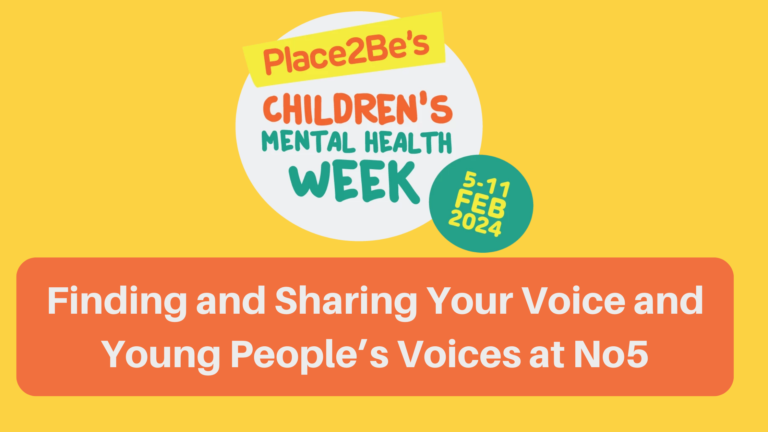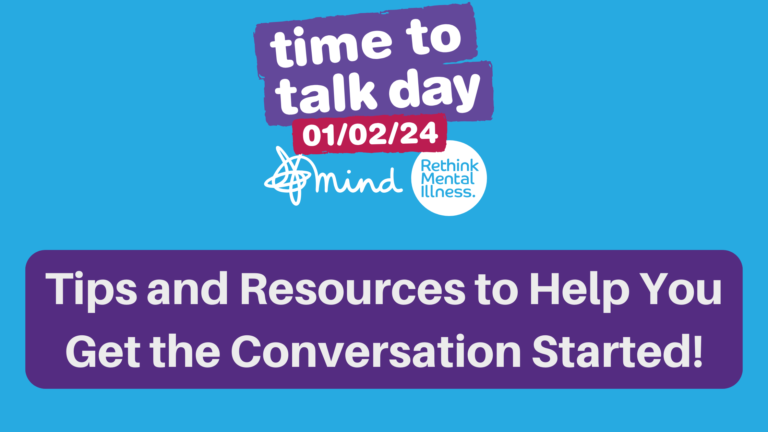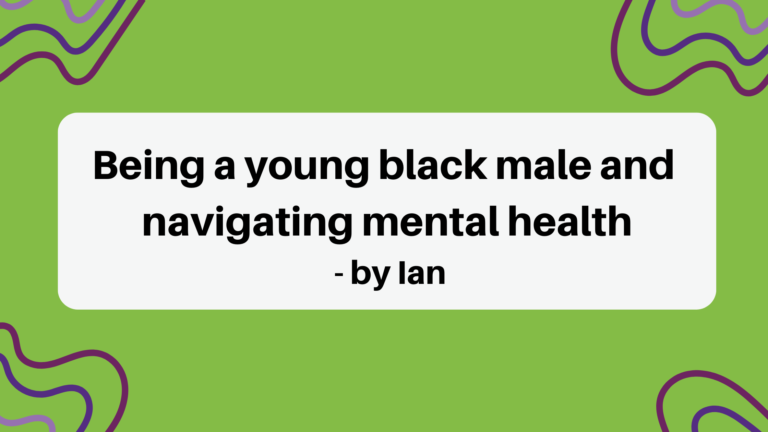As a counsellor working with young adults I’m often expected to give advice around lots of different subjects affecting young people’s mental health. I generally believe that most of the clients I work with have enough people around them telling them what to do! No5 counsellors work with the young person to help identify their worries and concerns. We talk them through and help them find their own solutions so that counselling can keep on being helpful long after the sessions have ended. Having said that, sleep is one exception!
It All Starts With A Good Night’s Sleep
I personally know how difficult it can be to function in the world when our sleep is disrupted. It is one of our basic human needs and without it, we can struggle in lots of other areas in our life. In some countries sleep deprivation is torture!
Poor quality sleep can negatively impact our physical health, reduce motivation levels and impair memory processing which can make schoolwork and especially exam time very difficult. Sleep is also a great way to make sense of the thoughts and feeling that can come up during the day. A good nights sleep, which allows our bodies to go into the deepest cycles of sleep, enables our minds to do a bit of housework, organising our memories and emotions into more manageable chunks increasing our resilience so we’re ready to face the next day. As Nicola Morgan in her recent book says about sleep “it is a wonderful nourishing medicine that’s entirely free. It super-charges your brain”.
So when clients come to see me one of the first questions I ask is “how are you sleeping?”.
Helping get into better sleep patterns won’t necessarily solve all of our problems, however, just like healthy eating and exercise, it helps us get our basic needs met which helps us better deal with the challenges we face in life. It won’t fix it all but it gives us a solid base to feel better. The good news is that there are a few relatively simple tweaks and changes we can make to our sleeping habits that could make all the difference.
Sleep Is Simple Maths!
The first big question is how much sleep do you need? The answer in your adolescent years is around 9 hours, whereas for adults (mid-20s onwards) it’s around 8 hours. However recent studies show the average young person is getting much less than that, at around 7 hours per night.
Here’s the tricky thing. Before you hit puberty your body is quite happy to go to bed around – the parent-friendly – 9pm. Afterwards, though something curious happens in your body linked to melatonin release. Melatonin is the chemical, triggered by darkness, that switches on when your body is ready to go to sleep. In adolescence, this switches on much later than in adults meaning it’s genuinely harder to fall asleep until around 11pm. As you’re not tired it can be very tempting to stay up beyond midnight and, with the average wake up time for school, college or work of 7am, the maths isn’t quite adding up.
So not only do you need more sleep than adults … but it’s harder to get to sleep than them… and then … to add insult to injury … it takes you longer to wake up as that pesky melatonin also decides to switch off later too! This means it can be very easy to get into bad sleeping habits in the teenage years making us cranky, demotivated and impulsive which can, in turn, have a really damaging effect on our school work, relationships and ultimately our mental health.
Sleep science is a relatively new and exciting area. Learning about sleep can mean you can play around with the numbers to find the best routine for you helping you protect your mental health in the future. A lot of adults aren’t aware of this new science so maybe you can share this blog and talk to others around you about what works best for them.
And It’s Your Own Personal Equation!
The recommendation of 9 hours sleep is an average and some people need more sleep than others depending on if they are night owls or early birds.
The stress of the COVID pandemic may be interfering with sleep right now but it also gives you a brilliant opportunity to explore your own personal sleeping patterns and set healthy sleep routines that can help you when we’re hopefully all back to normal daily life.
The time you have during lockdown could be an opportunity to ask yourself some questions about sleep:
- How much sleep suits me best?
- What bedtimes and wake up times work for me?
- What helps me get to sleep?
- What happens when I can’t get to sleep?
Become Your Own Night Watchman
It can be really helpful to track your sleep for a week.
Nothing fancy, just a little note of roughly what time you got into bed, fell asleep, woke in the night, woke up in the morning, then got out of bed. What do you notice? Do you have a regular patterns or are there lots of variations. If there are variations keep a note of anything big that happened that day. Did you have an argument with a friend at school or stay up chatting to your group late into the night on FaceTime?
Consistency of Your Sleep Routine Is The Key To Unlock A Good Night’s Sleep
The one thing that will make the biggest difference to your sleep is the regularity of your routine. And you need to work backwards.
So if we agree you need roughly 9 hours sleep and your alarm goes off at 8am we’re looking at a bedtime of that sweet spot of 11pm.
This is probably realistic during Covid, but when we’re back to our regular routines it could get harder (schools really should start later for teenagers but that’s a whole other blog!) meaning an earlier bedtime. This is all ideal stuff right. The key is to work backwards and get as close as possible to 8-9 hours. With the average teenager getting 7 hours any improvement on this would be a big result. Again maybe use lockdown as a time to experiment with how much better you can feel with a decent nights sleep.
And remember because of the changes in a young person’s brain it can be very difficult to go to bed too early. Sometimes I do explore later bedtimes with clients who are struggling to get to sleep and are actually going to bed too early!
Also please bear in mind that this is about giving your body a chance to get to sleep of 8-9 hours. Even with the best intentions sometimes that might not happen and that’s ok. The key is not to panic and keep coming back to a routine.
Resist The Temptation To Press Snooooze
Waking up at the same time every day really helps set healthy sleep patterns. If you’ve had a bad nights sleep it can be tempting to sleep in longer, but it really is better to get up and out of bed, so that we’re more tired the following night increasing our chances of getting a better nights sleep.
Weekend Lie-Ins
The experts would say keep the same wake up time even at the weekends. So there we go I’ve given you the advice! However, lie-ins are inevitable especially when you’ve been at school or college all week. If you love a lie-in maybe just try and get them as close as you can to your weekday wake up time so it’s more like 9am and less like midday! A bit like healthy eating everything in moderation!
Look out for my follow-up blog when I look at ways to switch off before settling down for a good night’s sleep.
Emma Beesley BSc MBACP Accred
School Counsellor






